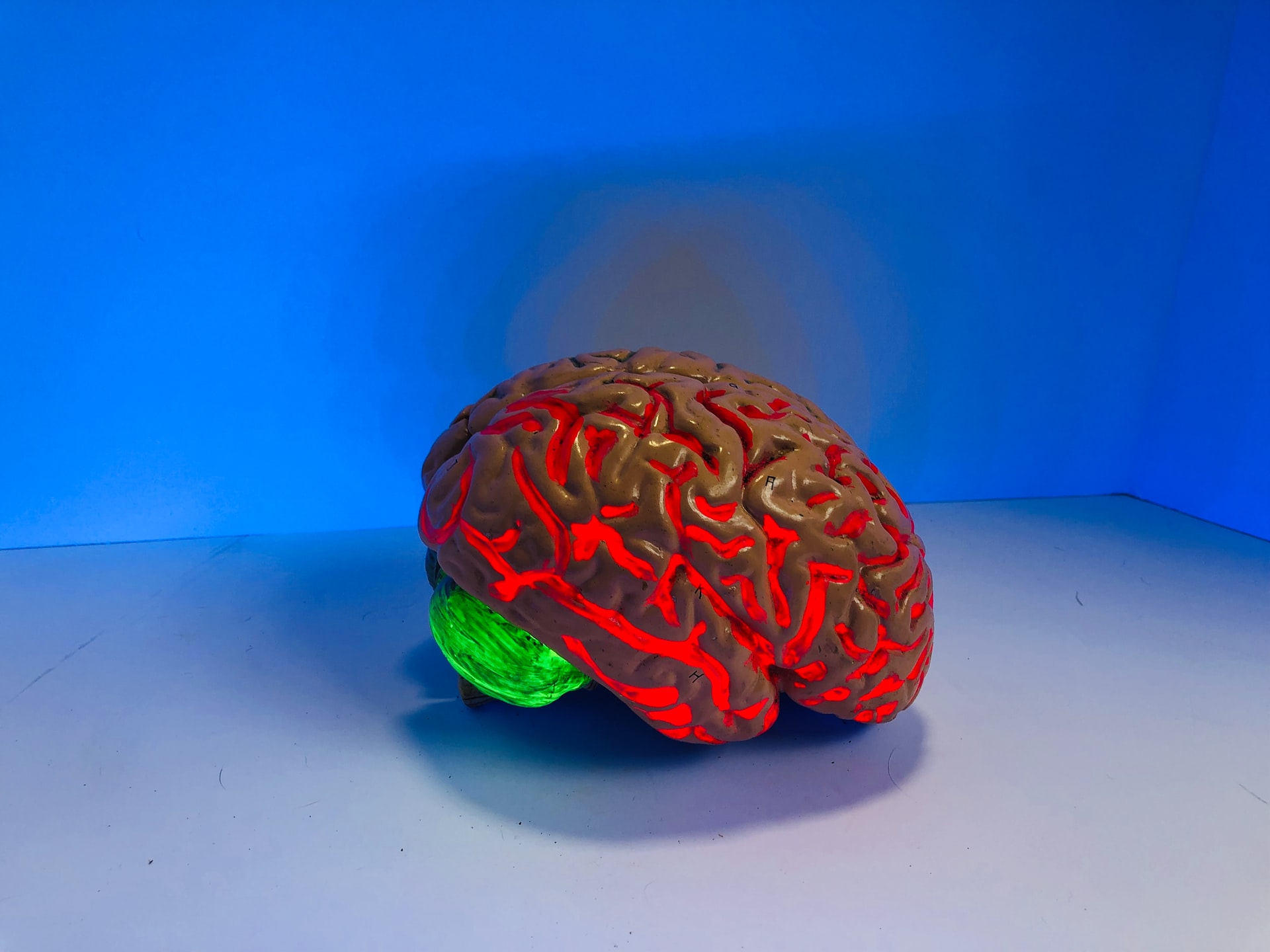
Your brain is the most remarkable part of your body. Your brain is a creative part of your body. It can create new ways to express yourself and coordinate movements, such as chopping onions or running an obstacle course. It’s easy to assume these powers are automatic. As you age, there will be changes in your brain and body. You can do things that will slow down your memory loss and reduce your chance of developing Alzheimer’s or other dementias. These are the things that I recommend to my patients and you could also check this out to scubby.com.
Exercise Regularly
 My first advice to my patients is to continue exercising. Regular exercise has many benefits. It appears that the brain benefits from regular physical activity. Numerous research shows that exercise increases blood flow to the brain, a critical factor in preventing cognitive decline and Alzheimer’s disease. This helps reverse some of the effects of aging on brain connections. You should exercise for at least 30-60 minutes each day. You can exercise by walking, swimming, playing tennis, or doing other moderate aerobic activities to increase your heart rate.
My first advice to my patients is to continue exercising. Regular exercise has many benefits. It appears that the brain benefits from regular physical activity. Numerous research shows that exercise increases blood flow to the brain, a critical factor in preventing cognitive decline and Alzheimer’s disease. This helps reverse some of the effects of aging on brain connections. You should exercise for at least 30-60 minutes each day. You can exercise by walking, swimming, playing tennis, or doing other moderate aerobic activities to increase your heart rate.
Get Plenty of Sleep
 Your brain health is affected by how well you sleep. Some theories suggest that sleep can help apparent brain abnormalities and strengthen your memory. It would help if you aimed to get 7 to 8 hours of uninterrupted sleep each night. This is not the same as getting two to three hours increments. Consecutive sleep allows your brain to consolidate and store memories efficiently. If you suspect you may have sleep apnea, talk to your doctor.
Your brain health is affected by how well you sleep. Some theories suggest that sleep can help apparent brain abnormalities and strengthen your memory. It would help if you aimed to get 7 to 8 hours of uninterrupted sleep each night. This is not the same as getting two to three hours increments. Consecutive sleep allows your brain to consolidate and store memories efficiently. If you suspect you may have sleep apnea, talk to your doctor.
Stay Mentally Active
Your brain is like a muscle. It would help if you used it, or it will die. You can keep your brain healthy by doing Sudoku or crossword puzzles, reading, playing cards, and putting together a puzzle. It can be used to cross-train your brain. To increase effectiveness, you can combine different activities. Any paid brain-training program is not recommended. These programs can make promises they can’t keep or focus on memorization skills that don’t apply in daily life. Reading or solving puzzles can give your brain a great workout. Don’t watch television too often as it is passive and doesn’t stimulate your brain.
Eat a Mediterranean Diet
 Your brain health is directly affected by your diet. My patients should consider a Mediterranean diet. This includes whole grains, plant-based foods, fish, and healthy fats like olive oil. It has less salt and red meat than the typical American diet. Research shows that people who follow the Mediterranean diet closely are less likely to develop Alzheimer’s disease. More research is required to identify which aspects of the diet significantly impact brain function.
Your brain health is directly affected by your diet. My patients should consider a Mediterranean diet. This includes whole grains, plant-based foods, fish, and healthy fats like olive oil. It has less salt and red meat than the typical American diet. Research shows that people who follow the Mediterranean diet closely are less likely to develop Alzheimer’s disease. More research is required to identify which aspects of the diet significantly impact brain function.
We know that omega-3 fatty acids, which are found in extra-virgin oil and other healthy fats, are essential for proper cell function. It appears to reduce your risk of developing coronary artery disease and increase mental focus.

